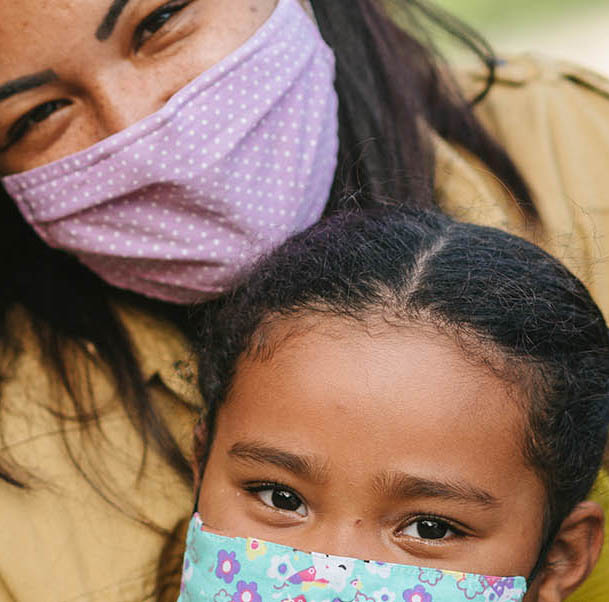Project: Appalachia: Demographic and Socioeconomic Trends
Appalachia’s Strengths and Vulnerabilities Before COVID Pandemic: Report Offers Benchmark
Longstanding vulnerabilities suggest that some groups in Appalachia risk greater hardship related to the COVID-19 pandemic.





